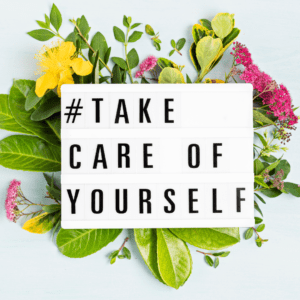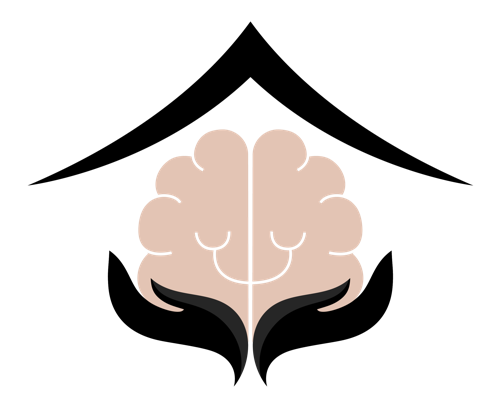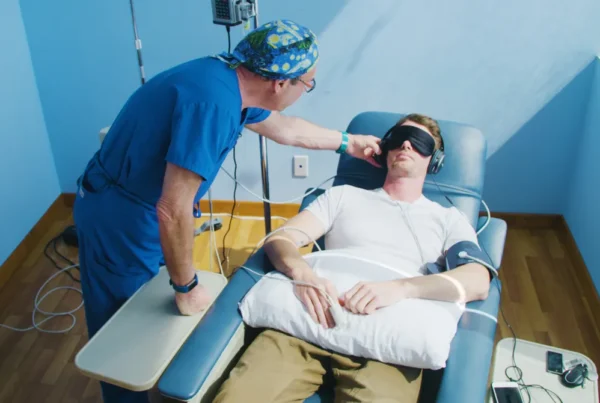Ketamine has become a game-changing medicine in the field of mental health. This psychedelic substance has been shown to effectively help people with depression and anxiety, especially when other treatments have failed. However, not everyone experiences the benefits they were hoping for. If you are struggling with depression and anxiety and at-home ketamine treatment does not seem to be working for you, do not despair. There are many ways to find relief and find hope. Keep reading to learn about what to do next.

Don’t Give Up on Ketamine
If you have not felt the effects of ketamine after a few treatments, it might be because you need to adjust the dose. It is essential to work with your medical professional who knows how to adjust the dose and frequency of ketamine treatments. Talk to your ketamine provider about your concerns, and they may be able to adjust your dose or regimen. The effects of ketamine are highly dose-dependent – some people need higher doses to feel the benefits.
Traditional Antidepressants
If ketamine does not work for you, try a traditional antidepressant. Many different medications have shown promise in treating depression and anxiety, such as SSRIs, SNRIs, and others. Talk to a mental health provider about which treatment might be right for you. They can help guide you and provide you with a safe and supportive environment for your treatment.

Consider Traditional Talk Therapy
While psychedelics can be effective for many people, some people may prefer traditional talk therapy. Regularly talking to a licensed therapist can still be an effective and essential part of a mental health treatment plan. Talk therapy can help you identify negative patterns of thinking and develop healthy coping mechanisms.
Take Care of Yourself
When struggling with depression and anxiety, it’s easy to forget to take care of yourself. Remember to prioritize self-care and make time for activities that bring you joy. Meditation, exercise, and time spent in nature can help ease symptoms and improve mental well-being.

Remember That Healing Takes Time
Remember, mental health is a journey, not a destination. Finding the right treatment plan for you takes time, patience, and perseverance. Be kind to yourself, and don’t be discouraged by setbacks. Success is not linear, so you should keep striving toward your goal of optimal well-being.
If at-home ketamine treatment does not seem to work for you, many other treatment options are still available. Do not lose hope – continue to explore other therapies, ways of self-care, and potentially higher doses of ketamine under a medical professional’s guidance. It is essential to keep an open mind and continue seeking support until you find the right treatment plan for you. Remember, healing is a journey, and your pursuit of mental and emotional well-being is worth the effort.



